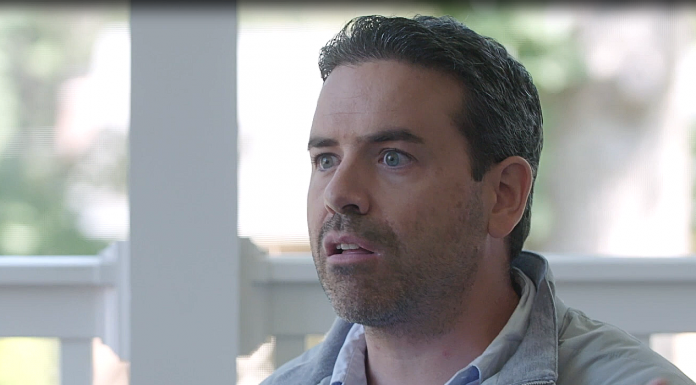President Joe Biden has signed more executive orders in the past week than former presidents Donald Trump, Barack Obama and George W. Bush combined.
But they may not last long thanks to Trump’s judicial appointments.
Already, a federal judge issued an order preventing Biden from implementing a 100-day pause in deportations.
That order could make its way up to the Supreme Court, where it would be taken up by a bench chock full of conservative justices, three of whom were appointed by Trump.
Trump’s administration had a hard enough time lifting court injunctions passed by liberal benches.
More often than not, though, Trump’s Justice Department lawyers were able to convince the Supreme Court to lift those injunctions.
Biden’s lawyers won’t have nearly as much success before the conservative Supreme Court majority.
The entire judiciary is much more conservative than when Trump first took office. In total, Trump appointed 177 of the 682 district court judges, and 54 of the 179 appeals court judges, along with three new Supreme Court justices. Many of these judges were appointed with life-tenure.
“The legacy of Trump’s judicial nominations is going to be a barrier not just to Biden but Democratic presidents for a long time,” complained far-left activist Brian Fallon, executive director of the group Demand Justice and former press secretary for Hillary Clinton’s 2016 campaign.
. “We are behind the eight ball for years to come,” Fallon—a fierce proponent for court-packing—told USA Today.
Liberals are already concerned that Biden’s agenda will be blocked in court, which is why they’ve proposed radical policies such as court-packing, or adding seats to the Supreme Court, to prevent this from happening.
Biden repeatedly refused to say whether he would support court-packing efforts, but he did vow to establish a commission to study possible changes to the federal judiciary.
But for now, Biden will need to prepare for the many legal challenges his executive orders will face. The first came from Judge Drew Tipton, a Trump appointee, who granted a temporary restraining order sought by Texas Attorney General Ken Paxton.
Paxton argued his state faced immediate harm from Biden’s deportations pause.
He celebrated the ruling as a “victory” and declared Texas “the FIRST state in the nation to bring a lawsuit against the Biden Admin.”
VICTORY.
Texas is the FIRST state in the nation to bring a lawsuit against the Biden Admin.
AND WE WON.
Within 6 days of Biden’s inauguration, Texas has HALTED his illegal deportation freeze.
*This* was a seditious left-wing insurrection. And my team and I stopped it.
— Attorney General Ken Paxton (@KenPaxtonTX) January 26, 2021
Texas had argued Biden’s deportations pause would place an unfair burden on the state, and that the measure violated an agreement Paxton and Gov. Greg Abbott had signed with former deputy secretary of the Department of Homeland Security, Ken Cuccinelli.
The agreement between Texas and Cuccinelli dictated that the DHS would consult with the state before changing certain immigration practices.
Biden’s administration does not recognize this agreement as legally binding, and Tipton did not rule on it either way.
He did, however, agree with Texas that the state had shown it could be hurt by Biden’s deportations pause because of the millions of dollars it puts toward social services and other state benefits for illegal immigrants.
Biden’s policy “not only fails to consider potential policies more limited in scope and time, but it also fails to provide any concrete, reasonable justification for a 100-day pause on deportations,” Tipton wrote in his ruling.

